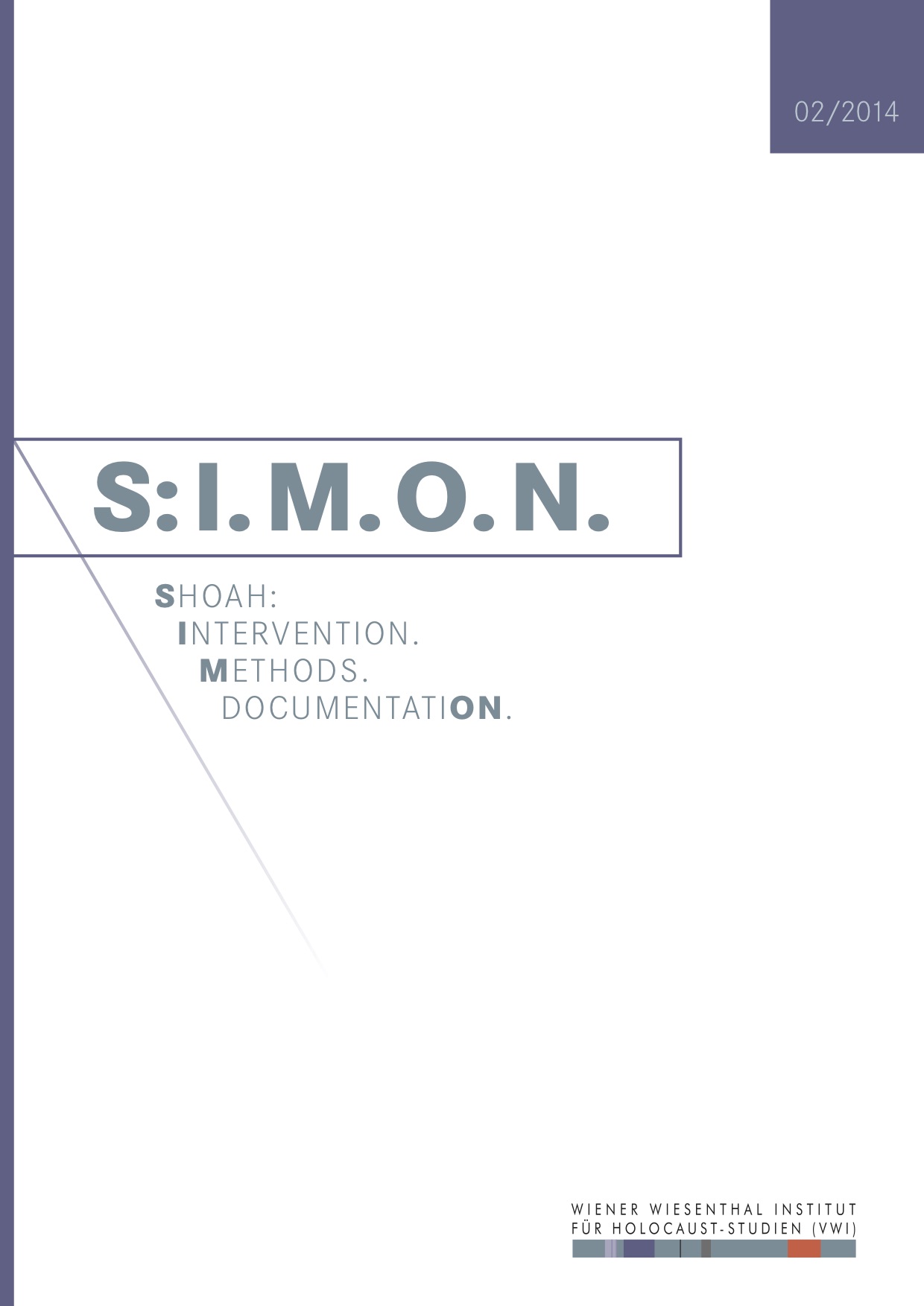Thomas Mann ohne Juden - Vergangenheitspolitik im westdeutschen Nachkriegskino
Thomas Mann Without Jews - Politics of the Past in West German Post-War Cinema
Author(s): Yahya ElsagheContributor(s): Jana Starek (Editor)
Subject(s): Jewish studies, Recent History (1900 till today), Fascism, Nazism and WW II, History of the Holocaust, Film / Cinema / Cinematography
Published by: Wiener Wiesenthal Institut für Holocaust-Studien
Keywords: Jews; Thomas Mann; politics; West Germany; post-war cinema; popular culture;
Summary/Abstract: Thomas Mann is the single best representative of German culture to authenticate the Federal Republic of Germany’s foundation narrative. As an exile, he was beyond any suspicion that he might have in any way supported the Nazi regime. As an American residing in Switzerland, he was more easily included in the Western camp than, for example, his brother Heinrich. As a Nobel price winner and internationally respected author, he embodied the German cultural nation. As a member of the grandfathers’ generation, he represented a better Germany with traditions that reached far beyond January 1933 – traditions which the Federal Republic wanted to latch onto. The desire to divorce this older tradition from the Nazi past via the person of Thomas Mann is demonstrated more than anything by the author’s academic reception. His treatment in popular culture – the transposition of his works into the mass medium film – was obviously even more effective, however. This lecture addressed how the Jewish figures in his novels and novellas were successively made to disappear or vanished in the works’ post-war film treatments.
Journal: S:I.M.O.N. Shoah: Intervention. Methods. Documentation.
- Issue Year: 1/2014
- Issue No: 2
- Page Range: 144-155
- Page Count: 12
- Language: German

